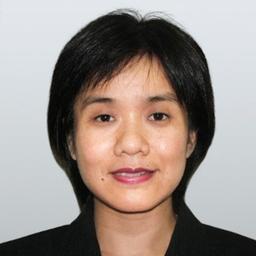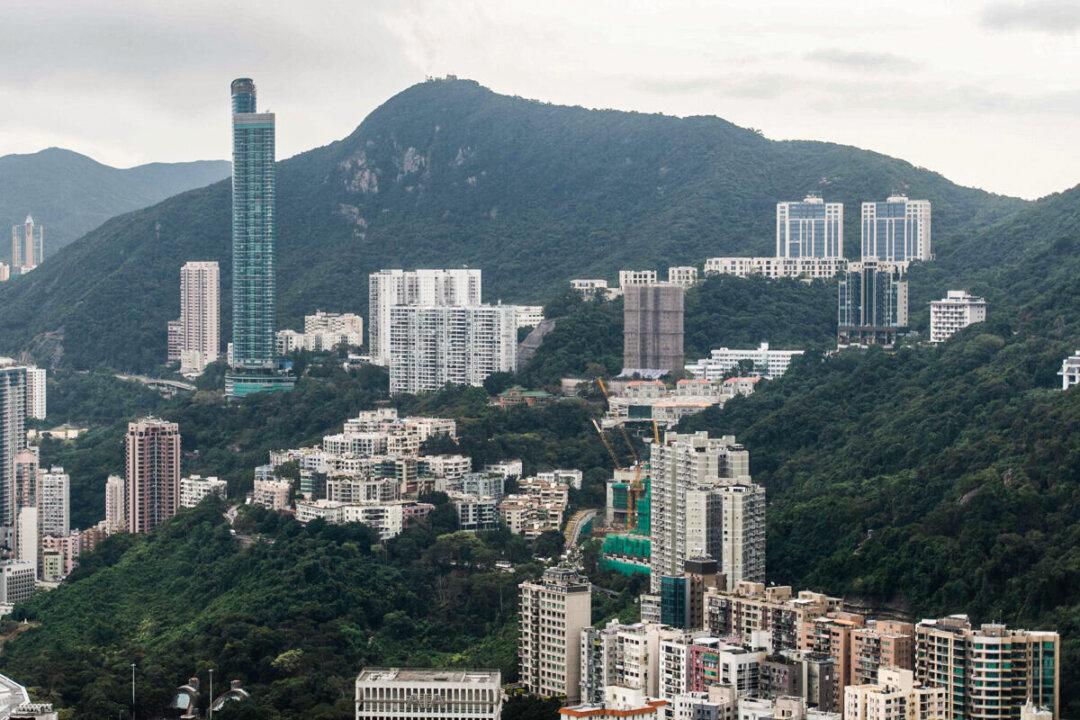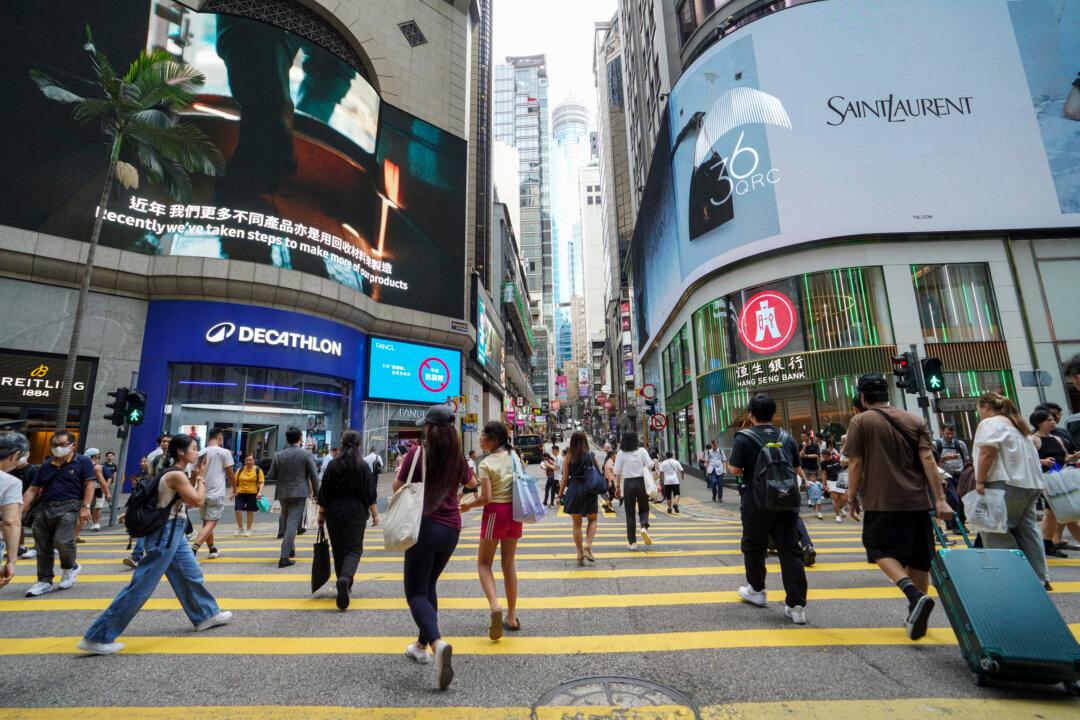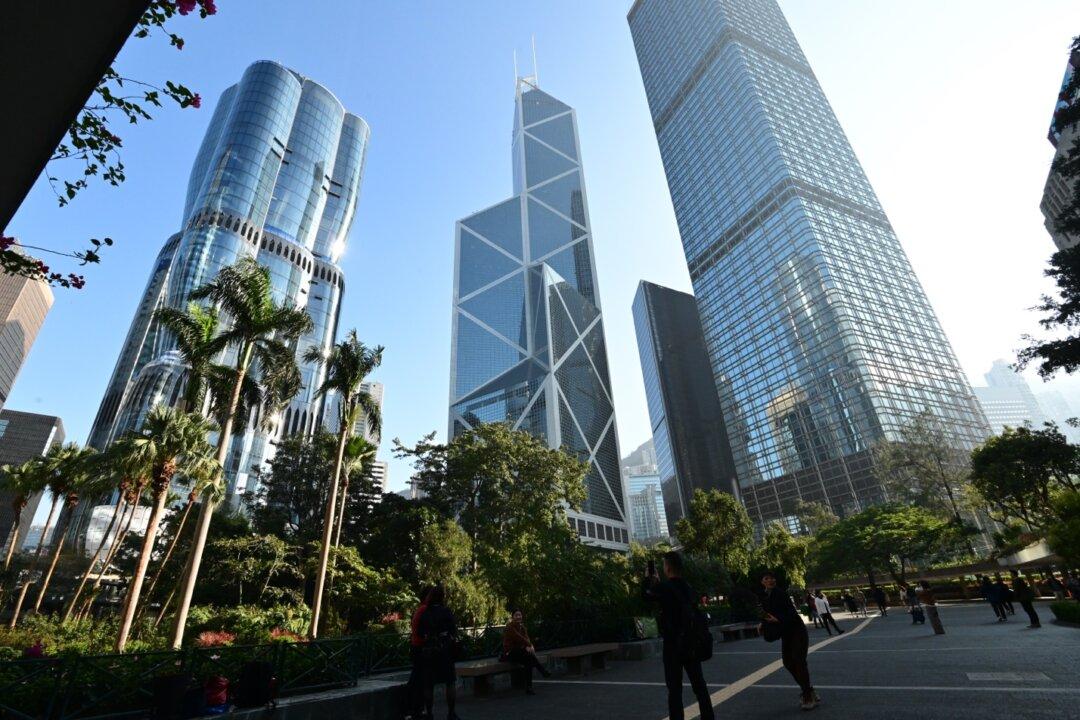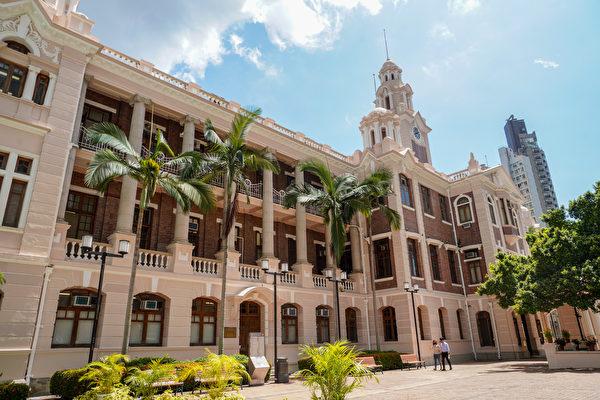“We want Hong Kong to succeed. Let Hong Kong be Hong Kong,” said U.S. Consul General Hanscom Smith in his Farewell Remarks this July as he leaves the land where the National Security Law and ‘patriots only’ sham elections have altered Hong Kong’s democracy and high degree of autonomy originally promised by Beijing.
“America’s vision for Hong Kong is simple:” We support a stable, prosperous Hong Kong that enjoys the high degree of autonomy Beijing promised in the Sino-British Joint Declaration,” said Smith

